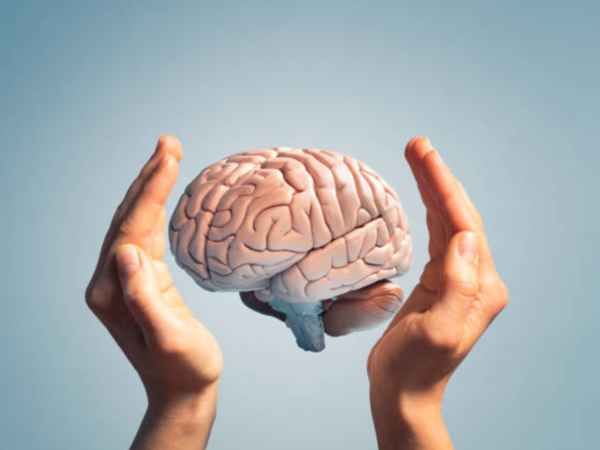A diet low in THIS vitamin may affect your memory | – The Times of India

Do you have trouble walking down memory lane? Are you missing some of the chores on your to-do list? Well, it’s time to look at your plate. Yes, that’s right. Your diet has a lot to do with cognition. A new study has found that the absence or decrease of certain vitamins in your diet may impair memory and accelerate cognitive decline.
A recent study published in The Journal of Nutrition found that low vitamin K intake impairs cognition, neurogenesis, and elevates neuroinflammation in mice. The study highlights the importance of vitamin K for better brain health.
To understand the link between vitamin K and cognitive function, the researchers examined middle-aged male and female mice fed a low vitamin K diet or another group with a regular diet for six months. The results were surprising. They found that the mice on the low vitamin K diet exhibited poorer cognitive performance and reduced vitamin K levels in their brains compared to the control group.

“There is also research that indicates vitamin K contributes to brain function and that brain function declines during the aging process,” Tong Zheng, lead author of the study and a research scientist at the HNRCA, said in a news release. “Vitamin K seems to have a protective effect. Our research is trying to understand the underlying mechanism for that effect so that we might one day be able to target those mechanisms specifically.”
The study revealed that the mice on the low vitamin K diet had less interest in exploring novel objects, a hint of impaired recognition memory. The researchers also looked at the physiological differences. Mice on the low vitamin K diet had lower levels of Menaquinone-4 (MK4), which is the primary form of vitamin K in the brain. They also had a lower amount of vitamin K in their livers and kidneys. Male mice on the low vitamin K diet had a decreased survival rate and lower weight gain compared to female mice.

The scientists found changes in the hippocampus of vitamin K-deficient mice, which pointed to cognitive decline. “We found a higher number of activated microglia, which are the major immune cells in the brain. While microglia play a vital role in maintaining brain health, their overactivation can lead to chronic inflammation, which is increasingly recognized as a key factor in age-related cognitive decline and neurodegenerative diseases,” Zheng said.
However, the researchers caution that the study does not mean people should go after vitamin K supplements; instead, try adding vegetables to their diets.

Want to keep your mind sharp?

“We know that a healthy diet works and that people who don’t eat a healthy diet don’t live as long or do as well cognitively. By choreographing animal and human studies together, we can do a better job of improving brain health long-term by identifying and targeting specific mechanisms,” Sarah Booth, director of the HNRCA and senior author of the study, added.




